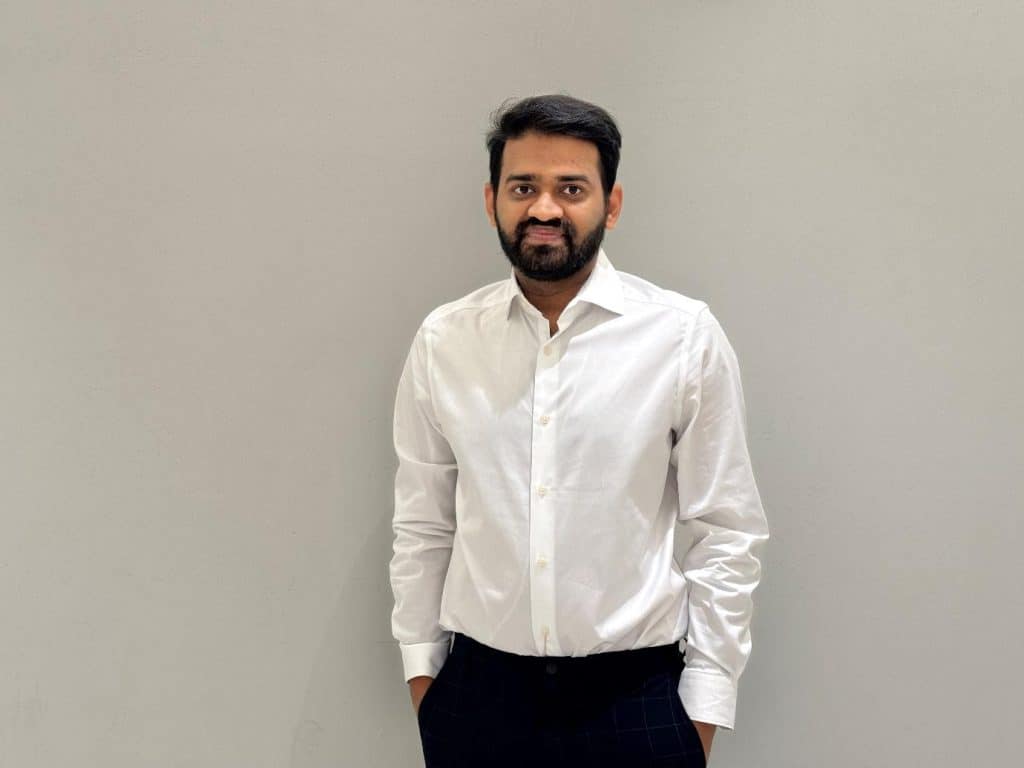With the rise of digital transformation, the healthcare sector is witnessing a paradigm shift, not just the way data is handled but the way data pipelines are designed, scaled, and secured. With constantly changing regulatory environments such as HIPAA and the growing need for real-time analytics, organizations face the pressure of embracing cloud-native technologies that provide agility without compromising on compliance. Today’s healthcare data ecosystems are required to support petabytes of data, facilitate sub-second decision-making, and provide foolproof data privacy all at once. Bridging these priorities is the necessity of cloud agility, and data engineers building these infrastructures are increasingly becoming central to operational and clinical success.
Ravi Kiran Alluri, an experienced data engineering professional in the healthcare industry, is one such talent who has been spearheading making it possible. Allegedly, Ravi has spearheaded large-scale cloud-native migrations in the healthcare industry, facilitating high-performance and HIPAA-compliant data platforms. His accomplishments involve deploying more than 500 terabytes of data per day Medallion Architecture across bronze, silver, and gold layers providing sub-second query times. “Scaling compute in a regulated environment to this level of performance wasn’t merely an exercise in scaling compute,” he explained, “but a matter of thinking differently about how privacy, latency, and resilience can be made to coexist in a single pipeline.”
According to the reports, he has played a key role in driving the migration of on-premises legacy healthcare data warehouses to Azure, which cut nightly ETL latency by 40 percent and enhanced disaster recovery capabilities threefold. This was not a lift-and-shift but a root re-engineering that also introduced a 60 percent decrease in the ETL lengths and quantifiable cost savings on infrastructure. To this, his real-time clinical decision support systems, which are constructed with Apache Spark and Azure Stream Analytics, provide alerts within a duration of less than 250 milliseconds, functioning across streaming pipelines that were designed with Apache Kafka and Azure Event Hubs and having a 99.99 percent uptime with failover.
One of his hallmark projects involved building ML infrastructure capable of processing data from over 50 million patient encounters annually. This platform not only supports predictive analytics but also plays a key role in clinical decision-making systems that demand precision and immediacy. Furthermore, Ravi has championed real-time data de-identification frameworks that use differential privacy and NLP, boasting an impressive 99.7 percent accuracy in preserving semantic integrity while securing personal health information.
In spite of the sophistication of his work, the impact has been real and revolutionary in his company. From reducing compute expense during 10x volume spikes with auto-scaling designs to designing multi-tenant environments with row-level security and dynamic masking, his work has made the company the standard in compliance-first innovation. “The most significant challenge wasn’t so much to handle scale or latency,” says Ravi, “but to maintain uninterrupted compliance during live migrations and integrations with legacy systems.”
“Cloud-native doesn’t merely involve lifting infrastructure to the cloud,” he says. “It involves creating systems that are self-healing, self-auditing, and naturally aligned with the tenets of privacy and precision.
Looking to the future, Ravi Kiran Alluri’s expecting data mesh architectures and AI-based observability layers to mature autonomously validating HIPAA compliance. In an industry where compliance is not negotiable and performance is mission-critical, his work is both a blueprint and a benchmark.
